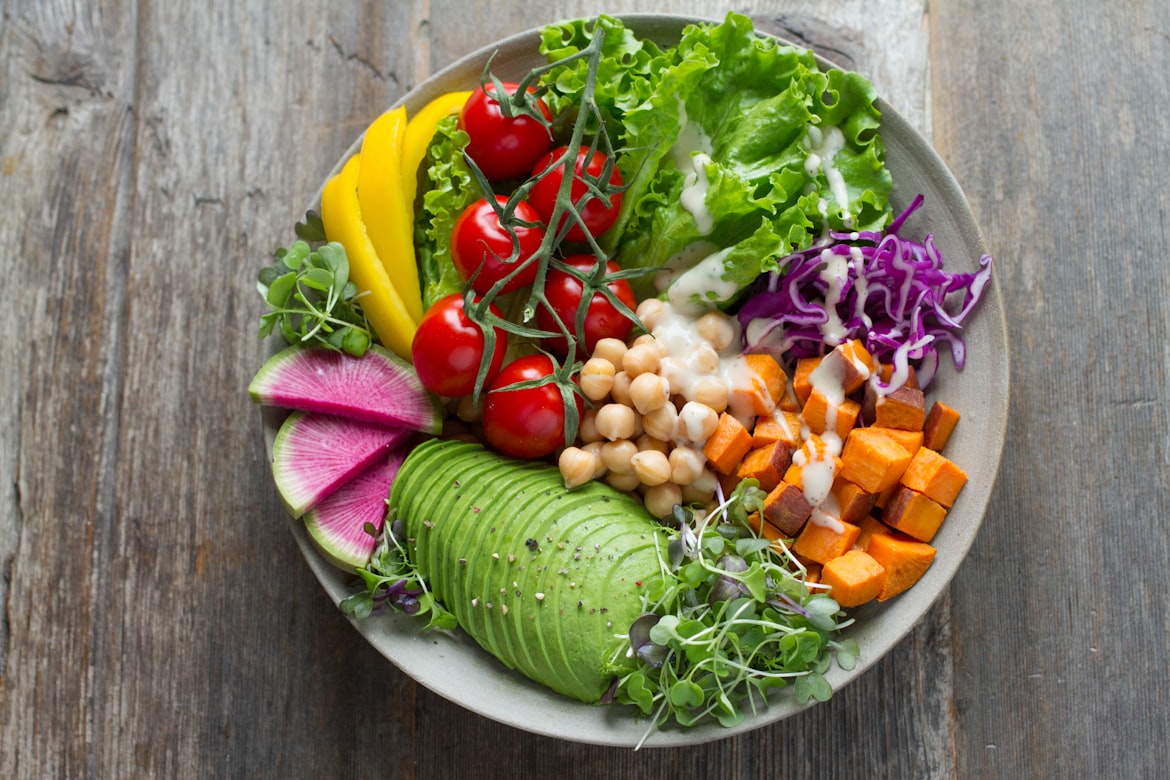No Products in the Cart
The DASH diet, a diet high in fruits, vegetables, and low-fat dairy products, provides a means to enhance intake of potassium, calcium, magnesium, and fiber.
The DASH diet has produced overall reductions in systolic blood pressure (SBP)of approximately 11 mm Hg and 3 mm Hg, respectively. When combined with weight loss, or a reduction in sodium intake, the effect size was substantially increased. Several other diets, including vegetarian, vegan, Mediterranean, or other dietary patterns that reduce calories and result in weight loss, have been shown to lower BP.


Sodium reduction in adults with hypertension who are already being treated with BP-lowering medications further reduces SBP by about 3 mm Hg and can facilitate discontinuation of medication, although this requires maintenance of the lifestyle change and warrants careful monitoring. When combined with weight loss, the reduction in BP is almost doubled.
Lifestyle change interventions usually reduce sodium intake by about 25% (approximately 1000 mg per day) and result in an average of about a 2–mm Hg to 3–mm Hg reduction in SBP in non-hypertensive individuals, though the reduction can be more than double this in more susceptible individuals, those with hypertension, and those concurrently on the DASH diet or receiving a weight loss intervention.
A reduction in sodium intake may also lower SBP significantly in individuals with resistant hypertension who are taking multiple antihypertensive medication.
Dietary potassium a high intake of fruits and vegetables are associated with a lower incidence of stroke, and cardiovascular disease
Four to five servings of fruits and vegetables will usually provide 1500 to >3000 mg of potassium. Increasing dietary potassium through fruits, vegetables, and whole foods, is recommended for adults with elevated BP or hypertension, unless contraindicated by the presence of CKD or use of drugs that reduce potassium excretion. All dietary changes should be made in consultation with your physician.
